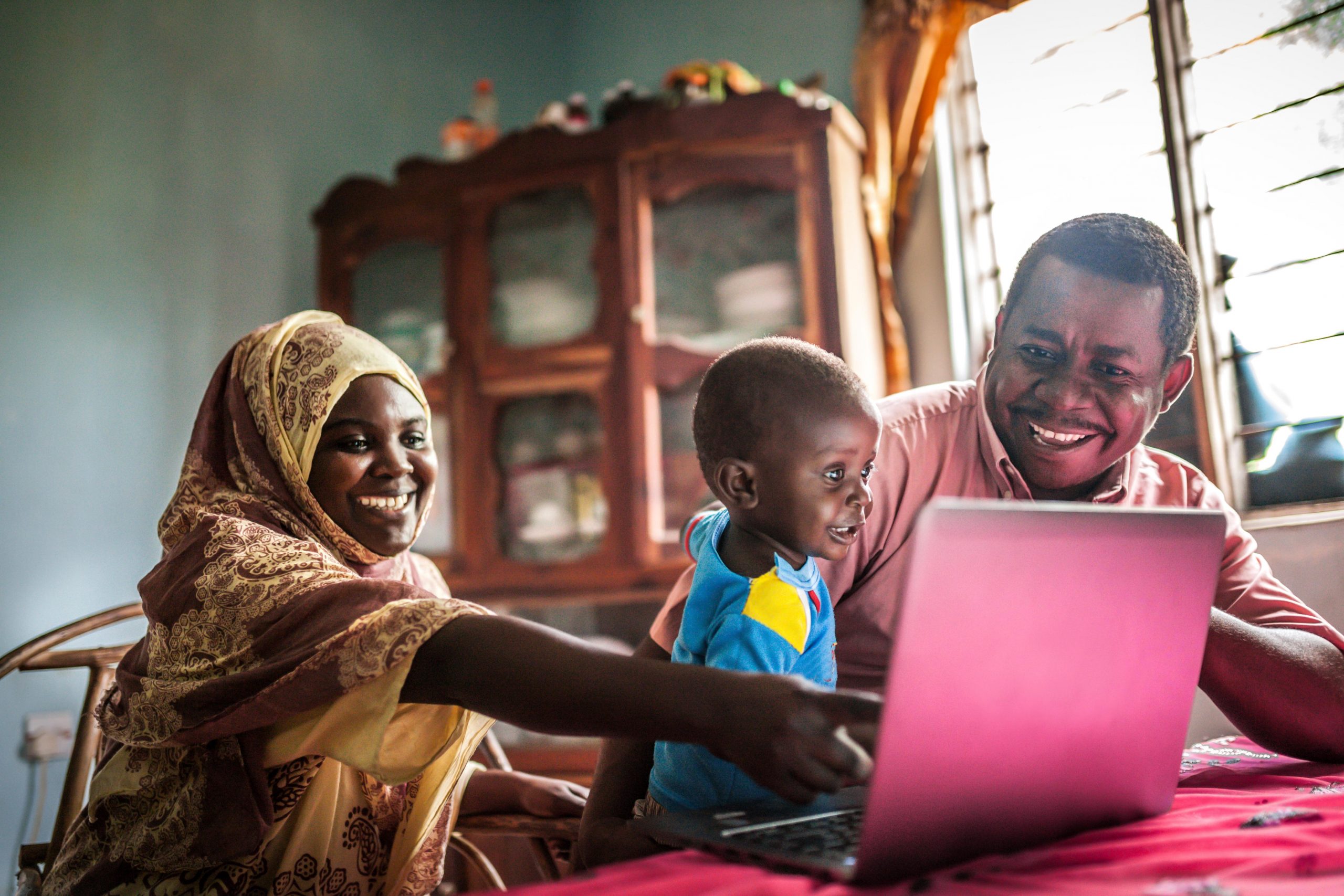Fingo Powerbank’s expert Peter Njuguna shares his key insights from attending the Global Digital Development Forum (GDDF). The forum was an online version of ICT4D Conference which was cancelled because of COVID-19 restrictions.
1. Digital Technology = Quick responses
“Digital technology provides opportunities to respond very quickly to different situations, such as COVID-19. Technology has helped the global community to respond to the pandemic in various ways: training health care workers, tracking the disease, managing supplies and enabling distant learning – among other things. Overall, the global community has truly come out to utilize digital technology effectively.”
2. Focus on infrastructure and connectivity
“There is a lot of quality content when it comes to digital education curriculum. However, connectivity and infrastructure – basically, access to the content via the internet on mobile devices or PCs – are challenges particularly in the global south. For individuals, this means, for instance, access to electricity. So, we do not need to worry much about the content of digital education but we do need to focus on how to deliver that content to people in remote locations or in vulnerable positions.”
3. Access does not necessarily increase equality
“It is not true that merely increasing the access to technology solves the digital gender divide. You need to think deeper and understand the ecosystem thoroughly. For instance, if you give a mobile phone for a woman in a remote community it might be that the mobile phone is later simply taken away from her by the husband. In general, you need to understand the power dynamics that are in place and affect women and girls.”
4. Collect only necessary data
“Collect data you can actually use or need. There is data that is highly important but then there is also data that is just “nice to have”. Development organizations should have a clear understanding of what kind of data is important for them and then focus on collecting that. Overall, data is highly useful in making informed decisions and tracking progress.”
5. World is changing
“The world will not be the same after COVID-19. Development will not be done in the same old way. People are going to align themselves with new ways of doing things. This includes also development organizations and their work. Basically, development NGOs are now finding new solutions to continue their work for a fairer world. Many of these solutions are useful also after the pandemic. The Global Digital Development Forum itself is a good example as there were multiple positive aspects of the event being online. For instance, there seemed to be more participants from low- and middle-income countries than there usually are in the ICT4D Conference.”
